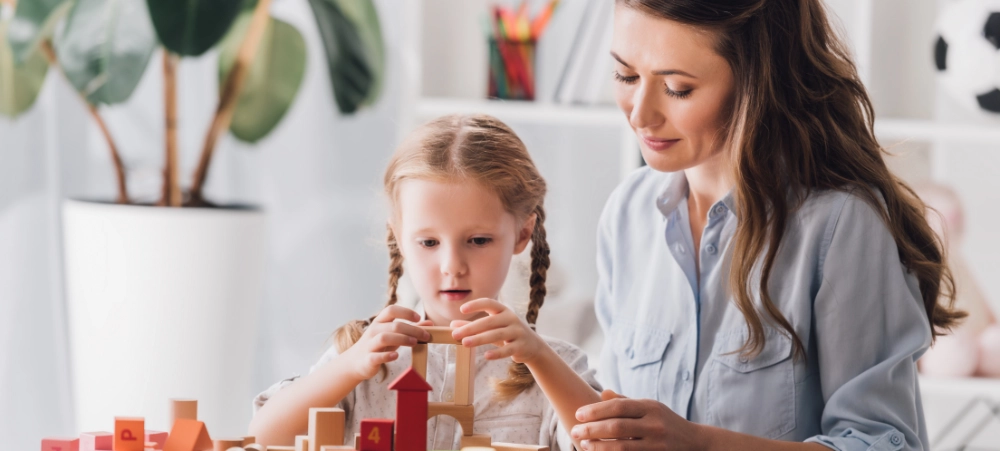Hearing is one of the most important senses. Through hearing we learn how to communicate with others, we experience the joy of music, the excitement of laughter, the symphony of nature and the bustling sounds of the city. Hearing also protects us, it alerts us to approaching danger and keeps us connected to the outside world.
According to the World Health Organization, about 466 million people have disabling hearing loss, 34 million of these are children. Hearing loss is the most prevalent birth defect and every day 17 babies are born in South Africa with some degree of hearing impairment – half of which have no known risk factors for hearing impairment. In the past, majority of children who were born with congenital hearing loss were only identified at about age 2 when they were not reaching their speech and language milestones. Research has demonstrated that children who are diagnosed with hearing loss and have the appropriate intervention by 6 months of age, will have speech and language milestones comparable to that of a normal hearing child by age three years.
What are the causes of hearing loss in children?
Congenital Hearing Loss
This means that the hearing loss is present at birth. Congenital hearing loss is either caused by genetic or non-genetic factors.
Some non-genetic factors include:
- Birth complications, including the presence of herpes, rubella cytomegalovirus, toxoplasmosis or another serious infection, lack of oxygen or the requirement of a blood transfusion for some reason.
- Premature birth. Babies that have a birth weight of less than 1.3 kilograms or that require certain life-sustaining drugs for respiration due to prematurity are at risk for hearing loss.
- Complications with the Rh factor in the blood
- A nervous system or brain disorder.
- The use of ototoxic medication by the mother during pregnancy. Ototoxic medications are not usually illicit substances – medications like various antiobiotics
- Maternal diabetes.
- Drug or alcohol abuse by the mother or smoking during pregnancy.
Genetic hearing loss means that either the gene for hearing loss was inherited from the parents or that the child presents with a genetic illness commonly associated with hearing loss.
Acquired hearing loss
A child with acquired hearing loss is not born with a hearing loss but rather acquires the hearing loss due to one of many factors.
Factors include:
- A perforated eardrum
- Infections like meningitis, measles, mumps or whooping cough
- Taking ototoxic medications
- A serious head injury
- Exposure to loud noise, causing noise-induced hearing loss
- Untreated or frequent otitis media (ear infections)
What signs and symptoms should I look out for in my child?
- When a child does not turn his/her head towards a sound, especially a loud sound
- When a child frequently touches or pulls one or both ears
- When a child reacts to some but not all sounds
- When a child turns their head upon seeing you, but not when their name is called from outside their field of vision
- Does my child have difficulty following instructions
- Does my child ask for instructions to be repeated
- When a child has delayed speech and language development. If the answer to any of the following is “no”, then your child may have delayed speech and language development:
- Is my child using single words such as “dada” and “mama” by the age of 1?
- Is my child using 2-word sentences by the age of 2?
- Is my child using 3-word sentences by the age of 3?
- Is my child using understandable 4-5 word sentences by the age of 4?
When should I test my child’s hearing?
Most private hospitals and some government hospitals have audiologists who assess the babies hearing soon after they are born. Generally, this is an optional service so it is a great idea to opt in for the screening. The audiologists use an OAE (Oto-acoustic emissions) or an AABR (Automated Auditory Brainstem Response) machine. The test generally takes a few minutes and requires no response from your child. The Audiologist will be able to tell you if your child’s hearing is normal or if further testing is required. Even if you don’t feel like your child has a hearing loss it is important to have your child’s hearing tested once a year much like testing their eyesight!
What happens if my child has a hearing loss?
If your child is diagnosed with a hearing loss the Audiologist will guide you through the process. Depending on the cause, degree and configuration of the hearing impairment, the audiologist will either refer your child for further medical treatment or recommend hearing aids and perhaps a further evaluation for a cochlear implant. Your child will also require intensive speech and language therapy in order to catch up to his/her developmental milestones.
The later a child is fitted with amplification the poorer the prognosis is for the child. Early intervention is of the utmost importance, we live in a an incredible time where even children with a profound hearing loss can have access to sound again and become integrated into society with ease.
Be sure to contact a qualified Audiologist, if you would like to have your child’s hearing screened.
- Dangerous Decibels, Noise induced hearing loss in children - June 14, 2019
- Listening to Learn - April 17, 2019
- Listen Up! What’s the big deal with childhood hearing loss? - February 8, 2019





